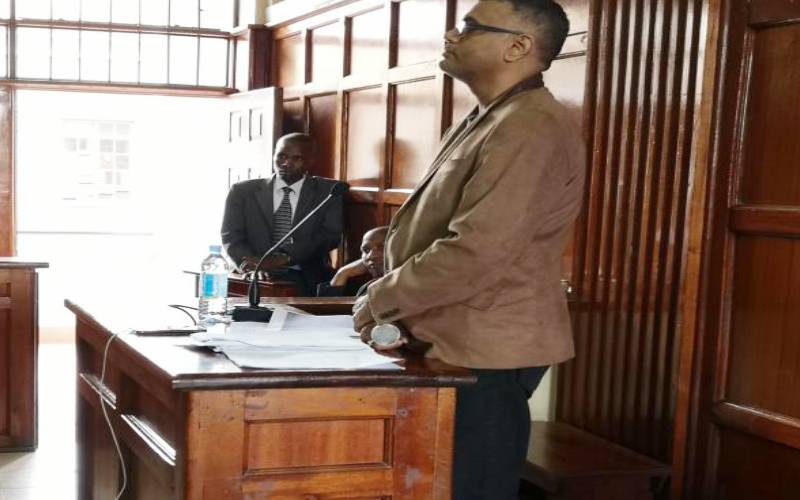×
The Standard e-Paper
Kenya’s Boldest Voice

The Government spent Sh6 billion on an archaic system to capture and store data collected from millions of Kenyans.
In a case filed to challenge the project dubbed Huduma number, an expert witness, Anand Venkatanatayanan, told the High Court that Kenyans have no guarantee that their information, including personal emails, are secure under National Integrated Identity System (NIIMS).